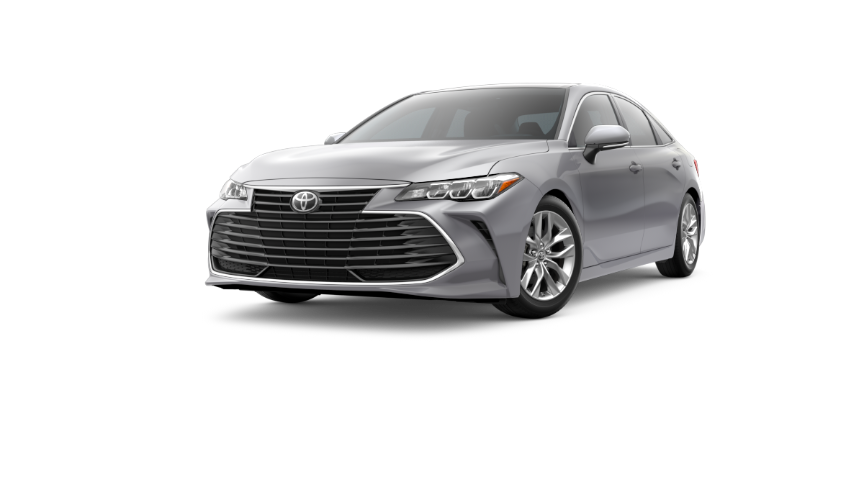Hyundai ? Um. NO.
Toyota Avalon is a strong alternative. I assume since you don't like "dinosaurs" you are proposing a new one. They are $40,000.
What would the OP gain by a $35,000 loss in a swap from his CV to a new Avalon? Be specific please. Here's my summary/analysis.
Cost of ownership to buy either now and own for the next 20 years significantly favors the CV. The Toyota wins most categories individually, but the CV is the better value for reliable transportation. The difference in HP/Torque is going to be near meaningless in daily driving. 8mpg combined for 200,000 miles is ~ 4000 gallons of gas, representing a big economic edge to the Avalon of $10,200 over 200,000 miles. That is compelling. But factor probably a LOAN on a new car, plus interest, plus more expensive insurance over at least the first 5 years and that probably ends up being a wash or maybe an edge to the CV. Car loans come with fees and interest which is generally ~$10k on this value. The CV is 1/3rd less efficient, but a lot less expensive to own and insure. Let's not forget the $35,000 loss in cost out of the gate...
Let's look at specs.
CV: ~$4000 for a excellent example
Good front crash rating, moderate side crash rating
HP 225
Torque 265
MPG 18 combined, or 11,111 gallons over 200,000 miles. Total at $3 per gallon is $33,333.
Cargo 20.5 cu ft.
Cost to insure, probably 1/2 to 1/4 than a new $40k Avalon.
2021 Avalon: 10x the cost, or $40,000 for V6
Good front and side crash ratings, edge to the Avalon over CV
HP 300
Torque 267
MPG 26 combined is 7,692 gallons over 200,000 miles. Total @ $3 per gallon is $23,076.
Cargo 16 cu ft.

